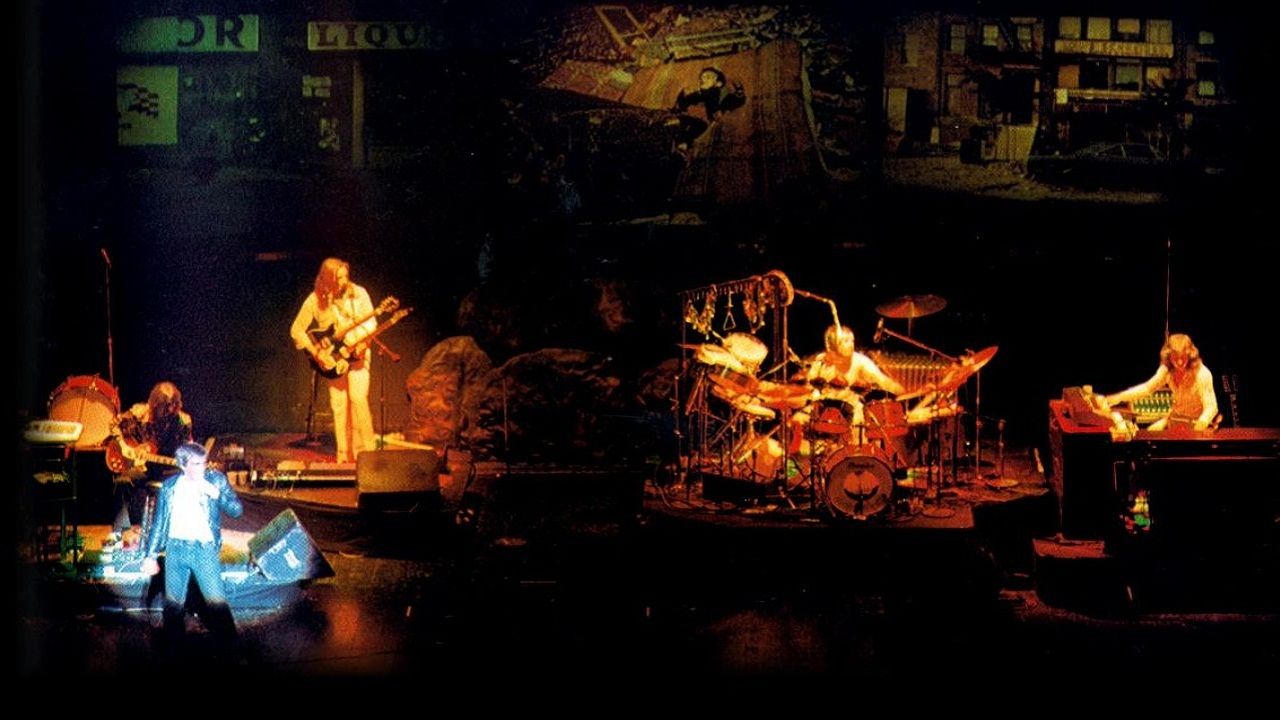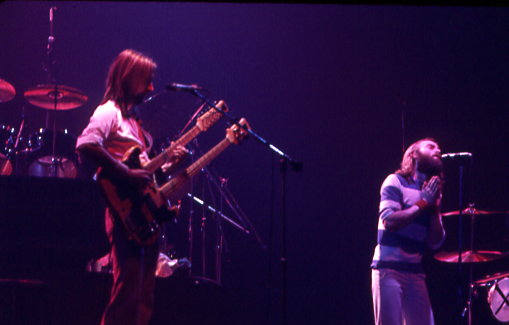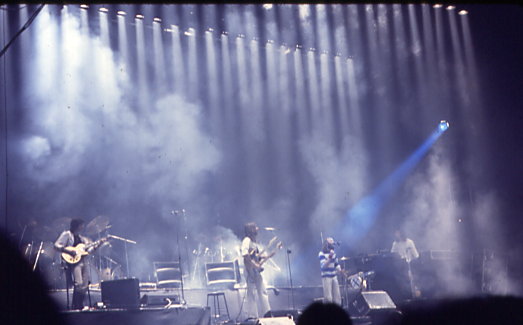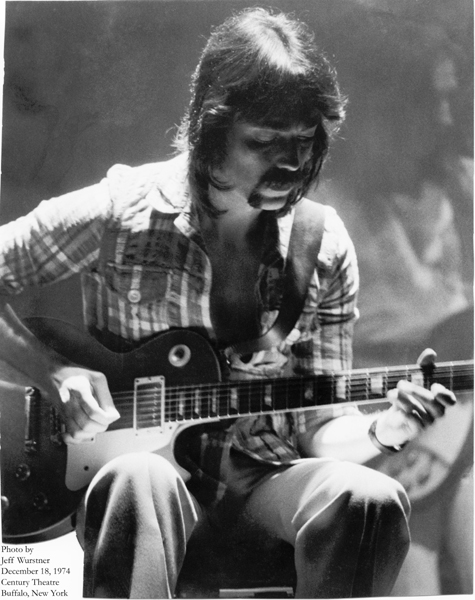On March 15, 2010, Genesis was inducted into the Rock and Roll Hall of Fame. Phil Collins, Mike Rutherford, Tony Banks, and Steve Hackett attended the ceremony, accompanied by long-time live members Chester Thompson and Daryl Stuermer. Peter Gabriel, however, chose not to attend. The band was introduced by Phish frontman Trey Anastasio.
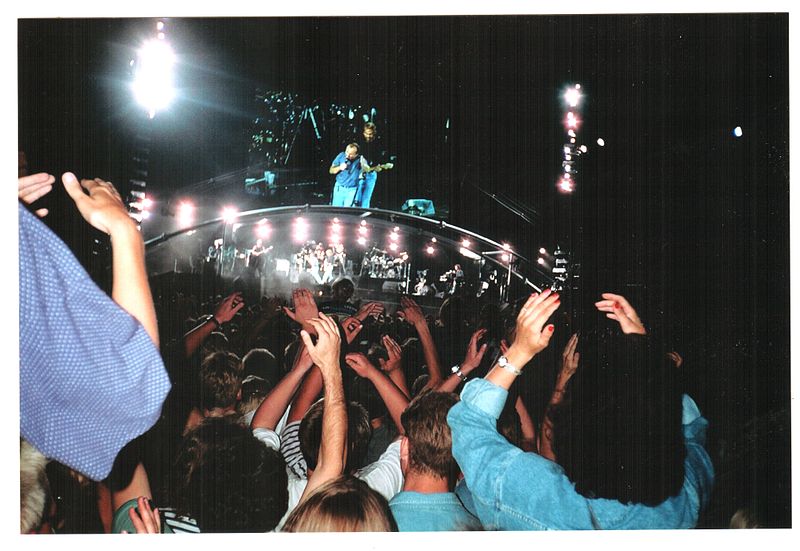
Phil Collins’ Health Issues Following the ‘Turn It On Again’ Tour
By the time Genesis received this honor, they had already been on hiatus for three years. Their last tour, Turn It On Again, took place in 2007, featuring Collins, Rutherford, and Banks, along with Stuermer and Thompson. The tour was a massive success, but it came at a cost.
During the tour, Phil Collins began experiencing numbness in his left arm and fingers while drumming. It was later revealed that he had suffered severe nerve damage in his neck and back – likely a result of decades of drumming. With his ability to play drums compromised, the prospect of future Genesis live performances seemed highly unlikely.
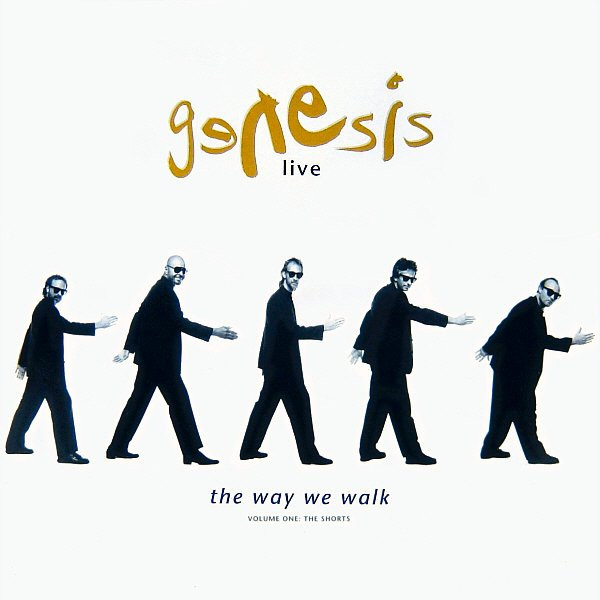
Would Peter Gabriel Reunite with His Former Bandmates?
As news of Genesis’ induction spread, speculation ran wild. Would all former members attend? Would Peter Gabriel make a surprise appearance? Would they even perform together?
The answer was a clear no. Gabriel was preparing for his own tour and opted out of the ceremony. Over the years, he had distanced himself from Genesis, having left the band in 1975 to embark on a highly successful solo career. He had no interest in rekindling the past and, to put an end to the rumors, simply stayed away. However, the other four core members – Banks, Rutherford, Collins, and Hackett – were present, along with their families and longtime touring musicians Stuermer and Thompson.
The induction speech was delivered by Trey Anastasio of Phish.
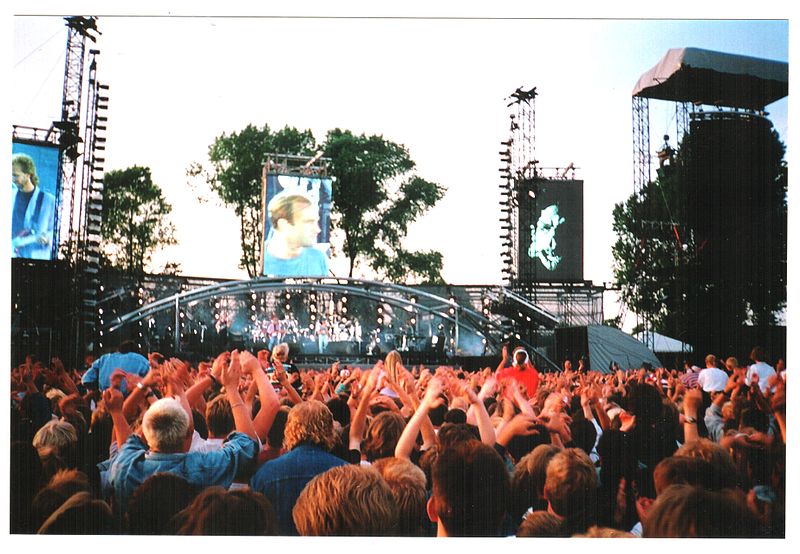
Phish’s Performance: Two Unusual Genesis Songs
Phish performed two Genesis songs that evening: Watcher of the Skies and No Reply at All – one from each era of the band, yet both somewhat unconventional choices. Interestingly, they seemed to struggle more with the ‘pop’ track No Reply at All than with the complex, progressive Watcher of the Skies.
Trey Anastasio’s speech was a highlight of the night. Rather than rehashing well-known Genesis anecdotes, he provided a musician’s perspective on the artistry behind Trespass, Selling England by the Pound, and Duke. His speech was a fitting tribute, emphasizing that Genesis wasn’t being honored merely for their commercial success, but for their musicianship and innovation.
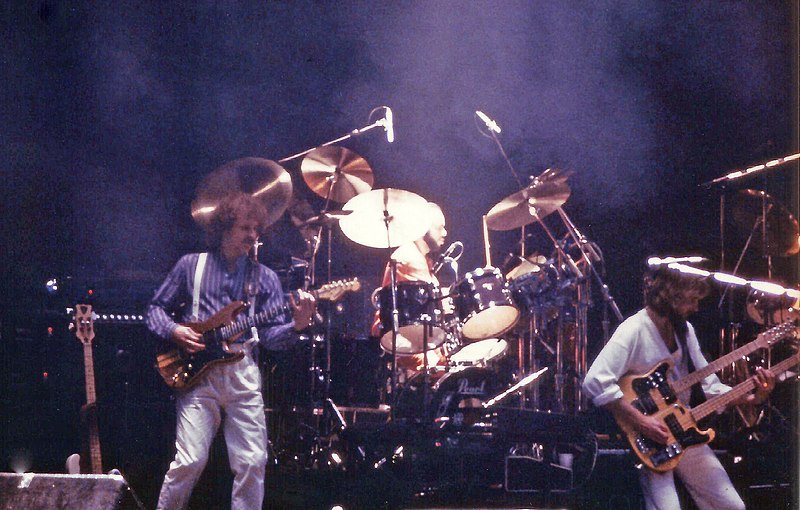
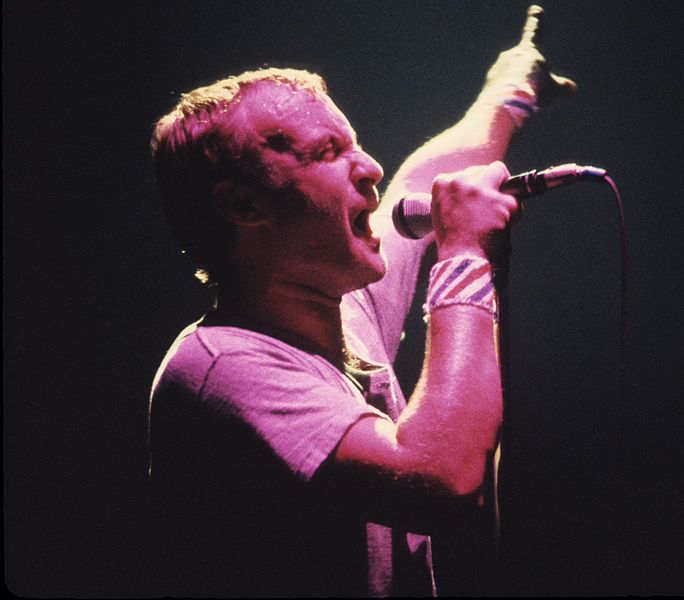
A Bittersweet Moment for Genesis Fans
When the four classic members took the stage, Rutherford, Collins, and Hackett each shared a few words. (Hackett’s speech, admittedly, was a bit awkward.) Rutherford acknowledged Gabriel’s absence, explaining that he was busy preparing for an orchestral tour.
Later, Phil Collins admitted he was actually relieved that Gabriel hadn’t attended – otherwise, the night would have been overshadowed by inevitable questions about a possible reunion. The induction felt like a final chapter in Genesis’ long and storied career, a celebration rather than a new beginning.
Unbeknownst to fans at the time, this would be the last public appearance of Genesis for many years – and also the final time Chester Thompson would stand alongside them.
Trey Anastasio summed it up best when he described Genesis as ‘rebellious, restless, and constantly striving for something more.’ Few statements could better encapsulate the essence of their career.
Title photo: Genesis on stage during the The Lamb Lies Down On Broadway tour, 1974-75. Source: Wikimedia Commons, Nick Contador/ CC-BY-SA-2.5 (https://creativecommons.org/licenses/by/3.0).
First photo: Genesis live, July 29th, 1992 Kiel, Germany. The Nordmarksportfeld. Source: Wikimedia Commons, Derzsi Elekes Andor/ CC-BY-SA-2.5 (https://creativecommons.org/licenses/by/3.0).
Second Photo: The Way We Walk – The Shorts (Cover).
Third photo: Genesis live, July 29th, 1992 Kiel, Germany. The Nordmarksportfeld. Source: Wikimedia Commons, Derzsi Elekes Andor/ CC-BY-SA-2.5 (https://creativecommons.org/licenses/by/3.0).
Fourth photo: Daryl Stuermer, Chester Thompson and Mike Rutherford, Liverpool Empire, Duke Tour 1980. Source: Wikimedia Commons, Rodhullandemu/ CC-BY-SA-2.5 (https://creativecommons.org/licenses/by/3.0).
Fourth photo: Genesis, Phil Collins, Strasbourg, October 1981. Source: Wikimedia Commons, Philippe Roos from Strasbourg/ CC-BY-SA-2.5 (https://creativecommons.org/licenses/by/3.0).

